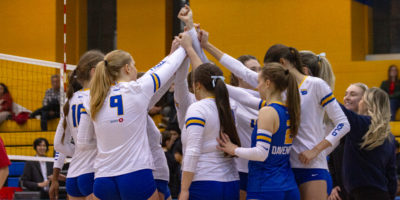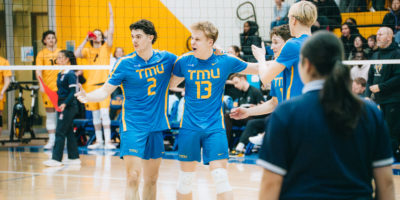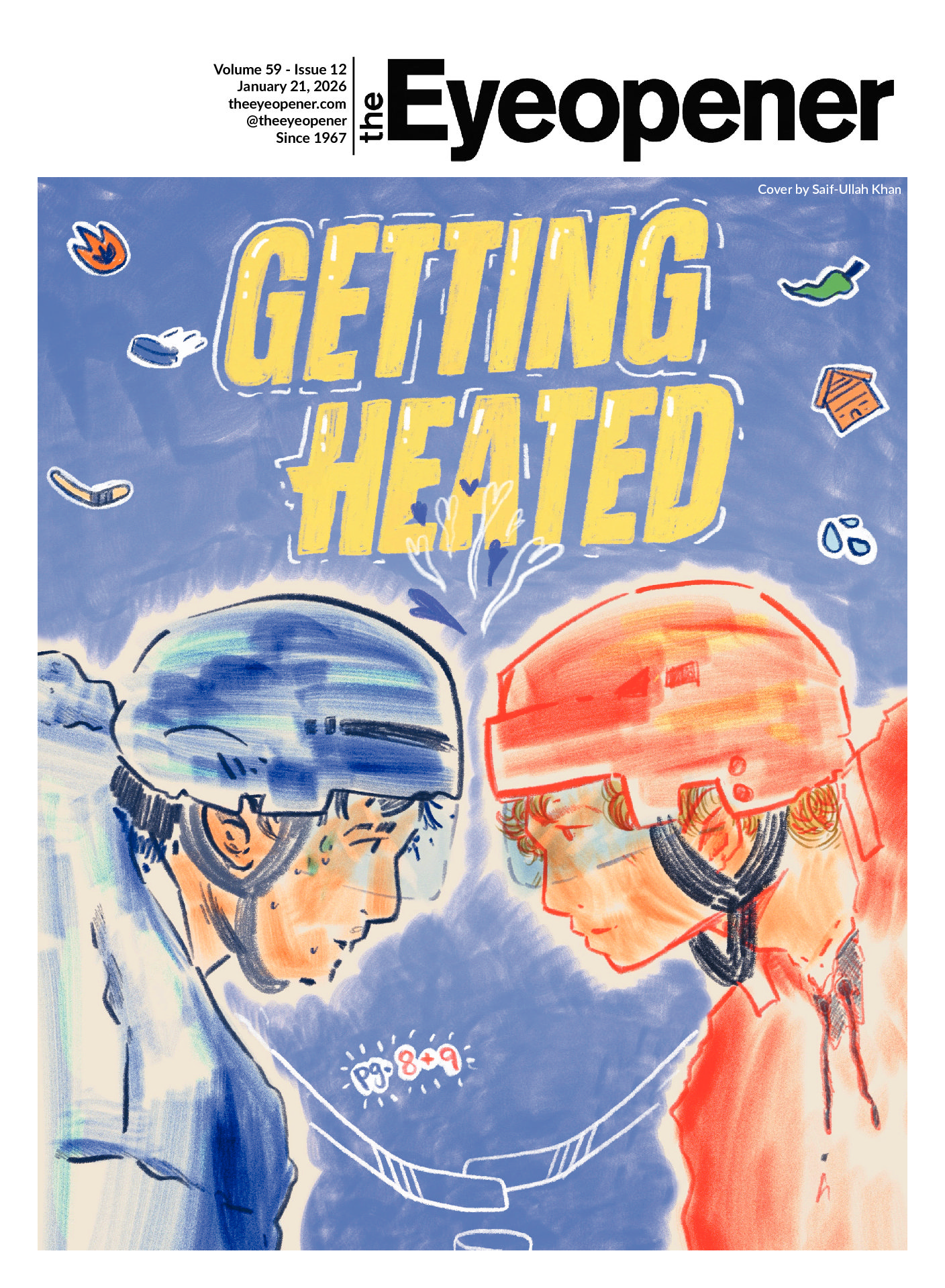By Hailey Salvian
Hailey Salvian is a fourth-year journalism student and a member of the Ryerson cross country team.
There’s a first time for everything.
DNF – did not finish.
That’s the first time those three letters have ever been beside my name after a race. And it came at the cross country team’s first Ontario University Athletics (OUA) race of the season – not a great start for me.
They say running can teach you that you’re capable of more than you could ever imagine, and that’s been largely true for me during my short time as a runner. I ran my first race last June, made the cross country team at Ryerson two months later, and was the second Ryerson runner to cross the finish line at OUA finals. None of that was comprehensible to me before toeing the line last year.
But sometimes running can break you down both physically and mentally, and lately I’ve taken a few physical hits.
Earlier this month, I remember getting checked out by our team physiotherapist, and as she prodded around she found one…two…three…four things wrong with me. I am not an overly emotional person, but with each diagnosis I felt my season slipping away. I put my hands over my face and cried, mourning over the months of training going to waste over my legs not working the way I wanted and needed them to.
I got x-rays and treatment, and was told that I can still train and compete, but not without pain.
But it wasn’t my legs that failed me on the weekend, it was my head.
Last Saturday at the Western Invitational, around two kilometres into my five-kilometre race, the pain started – and not the typical pain that cross country is famous for. That type of pain I can fight through with nothing worse than an ugly race photo. Instead it was the pain from the plethora of injuries in my knee and hip.
It scared the hell out of me.
I was terrified of pushing myself and aggravating the injury. Of course my coach knew this, so before the race we made a plan to be conservative at the start, to save my legs for the back half of the race and more importantly the end of the season. But, being conservative (and racing smart) didn’t compute with me. That safe pace was not what I’d been training for all summer. I didn’t put in hours of work this offseason to get injured or run the same time I did last season.
The mind is an amazing thing, until you let it turn on you – and in that race it did.
I was scared of the injury and running safe and letting my team down. I was scared what people might think of me crossing the finish line at anything less than what I was capable of.
But more than anything I was afraid of failing.
All these thoughts and fears ran rampant in my head, and instead of shutting them off – I stopped.
I saw my coach and said “I’m not running this thing in 21 minutes on an injury, there’s no point.”
There was a point though, and in cross country you can’t think like that. In varsity competition, the top five runners for each university garner points based on their place for an overall team score. Like golf, the lowest score wins. I was still in scoring position for my team, and in the middle of the pack of over 150 runners. In reality, I could have run the race in 25 minutes and still scored for my team. Our women placed 12th overall, and the place I’d be in for 21 or 25 minutes could have given us the necessary points to crack the top ten.
But I couldn’t hear that sense of reason. All I could hear was my coach’s words to me and my teammates, Sylvie and Rebecca, at the start of the season. He called us “the big three,” and that if we worked off each other we could clock in at low 18s or high 19s, like our offseason training showed we are capable of.
I could hear it with every step, ringing in my ears. And every step not on that path was – to me – a failure. I’m my harshest critic, and too often I find myself chasing perfection; it’s one of my best and worst qualities.
I’ve achieved a lot of success in this chase, but sometimes I need to remind myself of one of my favourite quotes from Vince Lombardi: “Perfection is not attainable, but if we chase perfection, we can catch excellence.”
The chase got the best of me this weekend, but I won’t let that happen again.
Yes, I have injuries. Yes, running will hurt. But the real enemy right now is this distorted definition of failure I’ve created in my head. I’ve been a competitor my whole life, and never had a mental lapse like this. My coaches say it happens to everyone, that we all go through phases. But this one will be short-lived.
I have less than three weeks to prepare for the next race, and my plan is simple:
To run with reckless abandon. To run without fear of failure. To run for my team.












Leave a Reply